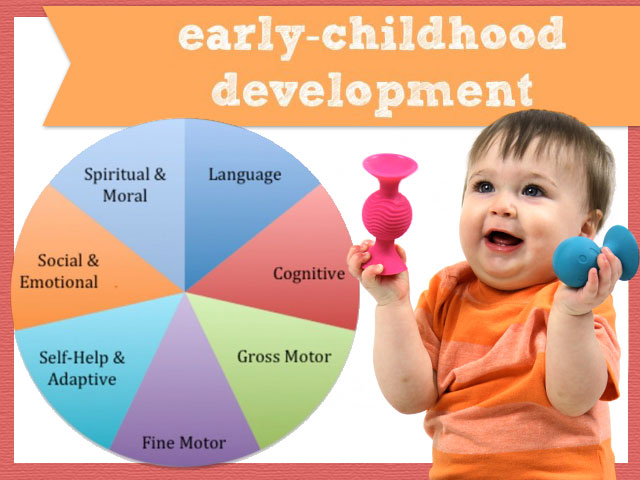How can play help a child development
How play helps children's development
Playing is a natural and enjoyable way for children to keep active, stay well and be happy. Freely chosen play helps children and young people’s healthy development. To have good physical and mental health and to learn life skills, they need various unstructured play opportunities from birth until they’re teenagers.
Freely chosen play
Freely chosen play is when a child decides and controls their play following their own instincts, imagination and interests. They play without being led by adults.
There’s no right or wrong way to play. Freely chosen play improves children’s health, well-being and development.
Why play is important
Play improves the cognitive, physical, social, and emotional well-being of children and young people.
Through play, children learn about the world and themselves.
They also learn skills they need for study, work and relationships such as:
- confidence
- self-esteem
- resilience
- interaction
- social skills
- independence
- curiosity
- coping with challenging situations
Developing physical health through play
Physical play such as running, skipping and riding a bicycle helps children develop:
- good physical fitness
- agility
- stamina
- co-ordination
- balance
Developing social skills through play
Playing can help children develop their social skills with others. By listening, paying attention and sharing play experiences, this helps a child:
- explore their feelings
- develop self-discipline
- learn how to express themselves
- work out emotional aspects of life
Playful parenting
Through play, parents can connect fully with their children and have fun.
A parent or carer can support and take part in their child’s play activities but they shouldn’t direct what happens.
It’s important they give their children time, freedom and choice to play. If an adult makes all the decisions about how, what and when their child plays, the child won’t enjoy their play experiences.
Play and challenge
Children often want to create challenge and uncertainty in their play. Through risky, challenging play, children test themselves and find out their own limits. They learn how to deal with risk through play and can use these same skills later in life.
Parents should encourage their children from birth to extend themselves.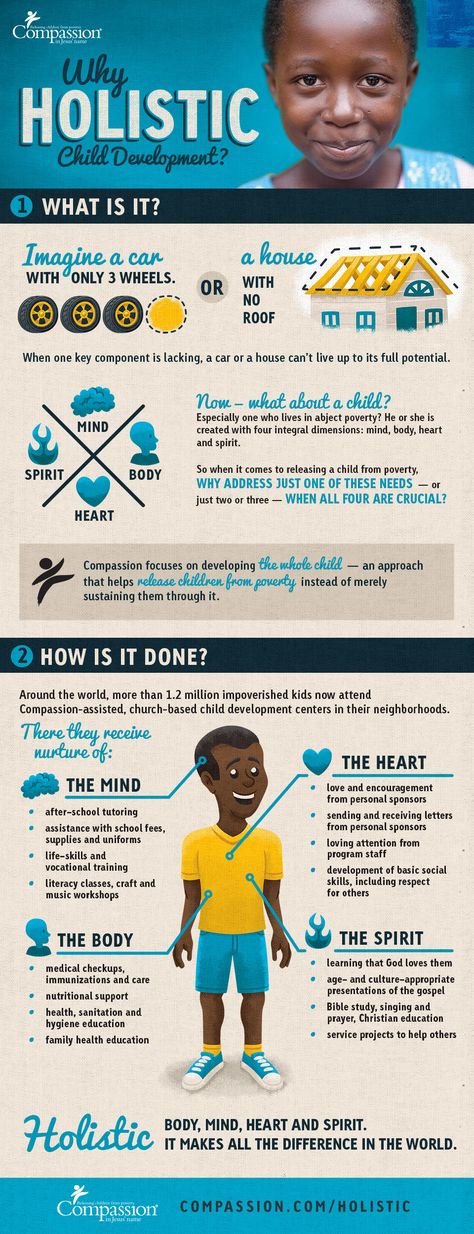 Teach them basic skills including:
Teach them basic skills including:
- riding a bicycle
- swimming
- road safety
Explain that it’s important to learn from mistakes, to try again and to believe in themselves. Help them understand their limits and their boundaries. Allow them to have fun in their play.
Play and digital technology
To make sure children have time for unstructured, freely chosen play every day, parents should limit screen time. The younger the child, the less time they should be using digital devices.
Keep certain times and areas in the home technology-free zones such as:
- meals
- when outdoors
- before bed
- bedrooms
Don’t use digital devices to distract your children or keep them quiet. Talk to your children, play games or look at a book together. Join in your children’s screen time and talk about their online activity.
Show your children good example by limiting your own screen time.
More useful links
- Give your child a helping hand
- Pay matters
Help improve this page - send your feedback
You must have JavaScript enabled to use this form.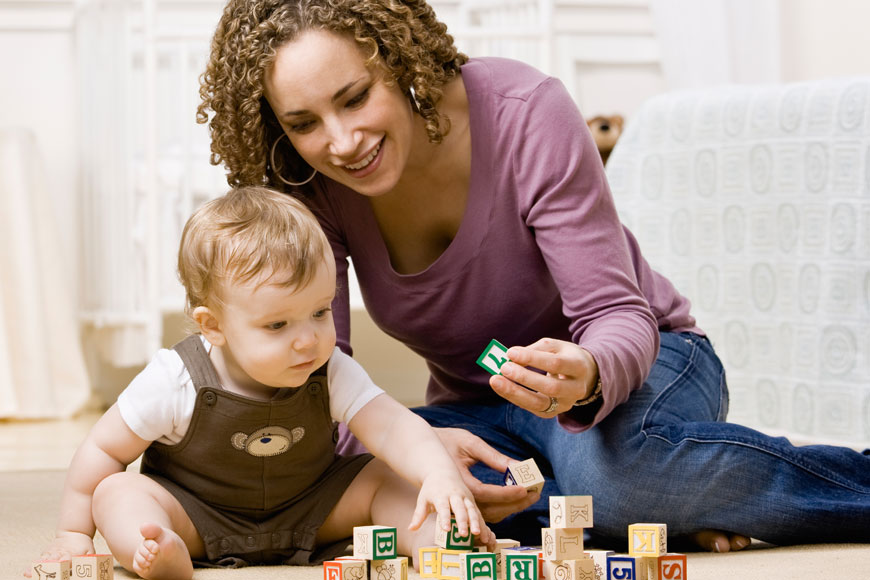
report a problem
leave feedback
ask a question
Report a problemWhich problem did you find on this page? (Tick all that apply)
A link, button or video is not working
There is a spelling mistake
Information is missing, outdated or wrong
I can't find what I'm looking for
Another issue
Messages
Tell us more about the problem you're having with the nidirect website.
Enter your feedback
What is your question about?Choose a topic for your question: - Select -AnglingBenefitsBirth certificatesBlue BadgeCareersCompensation due to a road problemChild MaintenanceCivil partnership certificatesCoronavirus (COVID-19)COVID vaccination certificateCriminal record checks (AccessNI)Death certificatesEducational Maintenance AllowanceEmployment rightsHigh Street Spend Local SchemeMarriage certificatesMotoringnidirect accountPassportsPenalty Charge NoticesPensionsPRONI - historical recordsRates or property valuationProblems with roads and streetsSmartpassMy question is about something else
What to do next
Bright Horizons | The Benefits of Play for a Child’s Development
For thousands of years, play has been a childhood tradition. Unregulated and unstructured, it has passed from generation to generation. Even during periods of immense challenge, such as the Great Depression and World War II Nazi Germany, children found ways to be playful, writes psychologist and researcher Joe L. Frost in “A History of Children’s Play and Play Environments.” But he warns that in the face of too many structured activities, loss of outdoor areas, excessive screen time, and increased academic pressure, this age-old tradition is fading.
Unregulated and unstructured, it has passed from generation to generation. Even during periods of immense challenge, such as the Great Depression and World War II Nazi Germany, children found ways to be playful, writes psychologist and researcher Joe L. Frost in “A History of Children’s Play and Play Environments.” But he warns that in the face of too many structured activities, loss of outdoor areas, excessive screen time, and increased academic pressure, this age-old tradition is fading.
“Now, for the first time in history,” he writes, “the children of entire industrialized nations, especially American children, are losing their natural outdoor grounds for play and forgetting how to engage in free, spontaneous … play. The consequences are profound.”
The Benefits of Play
"Play is something done for its own sake," says psychiatrist Stuart Brown, author of “Play,” He writes: “It’s voluntary, it’s pleasurable, it offers a sense of engagement, it takes you out of time.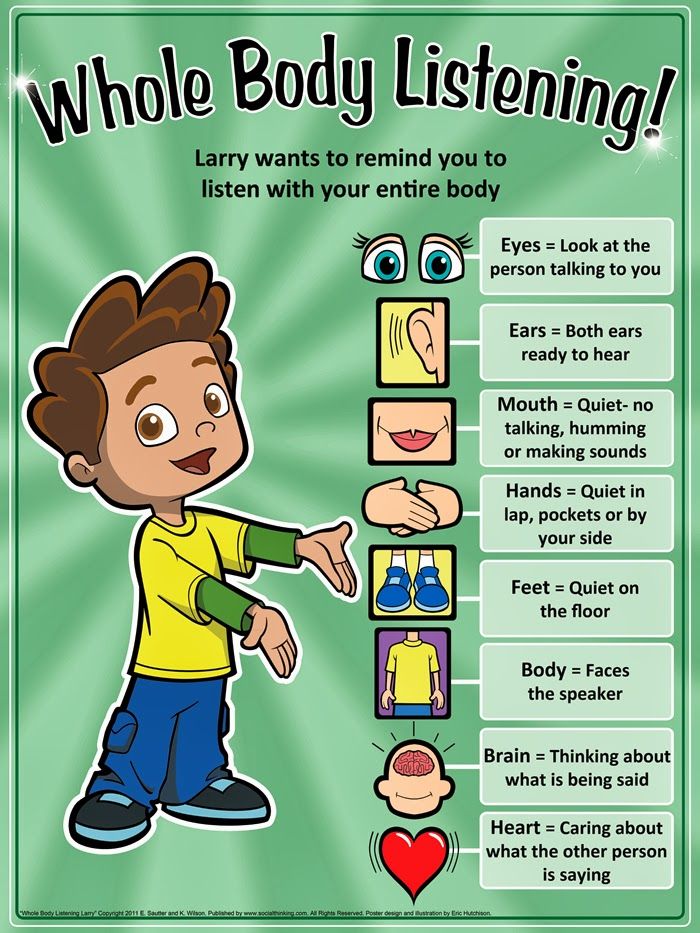 And the act itself is more important than the outcome.”
And the act itself is more important than the outcome.”
With this definition in mind, it’s easy to recognize play’s potential benefits. Play nurtures relationships with oneself and others. It relieves stress and increases happiness. It builds feelings of empathy, creativity, and collaboration. It supports the growth of sturdiness and grit. When children are deprived of opportunities for play, their development can be significantly impaired.
Play is so important that NAEYC has called it a central component in developmentally appropriate practice, and the United Nations High Commission on Human Rights declared it a fundamental right of every child. Play is not frivolous. It is not something to do after the “real work” is done. Play is the real work of childhood. Through it, children have their best chance for becoming whole, happy adults.
What Children Learn Through Play
We believe that play is the primary vehicle for optimal growth in childhood. Below are just some of the ways children learn through play:
- When children play, they are developing skills in all areas of development: cognitive, physical, communication, and social/emotional.
 They practice and reinforce these skills in a way that can’t be achieved through worksheets or screen time.
They practice and reinforce these skills in a way that can’t be achieved through worksheets or screen time. - Play promotes healthy habits by actively engaging children in the world around them. This counteracts issues many children face today, such as childhood obesity.
- Play is a natural stress reliever, and an outlet that allows children to work through their anxiety and fears.
- Play allows children to test out new ideas and make connections between their previous experiences and their active investigations.
- Children make their own decisions during play; they begin to make connections between their choices and the natural consequences of those choices.
- Play supports the development of self-control which is critical for success later in life. Children play because they have a deep desire to understand the world. Play allows opportunities for them to regulate their feelings, delay gratification, and negotiate with others, all important aspects of developing self-control, a 21st century skill.

- The spontaneity of play promotes risk-taking as children interact with materials and their environment. The sense of the unknown helps children develop mental flexibility and executive function.
- Play helps children develop mindfulness as well as feel safe and secure to try new ideas and experiment. As children become engrossed in play, they suspend awareness of time and space, becoming fully present in the task at hand.
Parenting Tips for Encouraging Rich Play
Children need open-ended, unscheduled times to explore and discover.
Learning happens most effectively with open-ended materials that can be used in multiple ways to nurture creativity in children. Try hands-on materials like blocks, sand, water, dirt, child-sized wheelbarrows, small shovels, ramps, balls, and so on. Sometimes the purpose of the object for children’s play is clear (like a doll is for holding and pretending to be a parent). Sometimes the purpose of the object for play time only becomes clear in the child's creative hands—a stick could become a magic wand, the pole for a flag, something to stir with, or a pointer to show which way to go.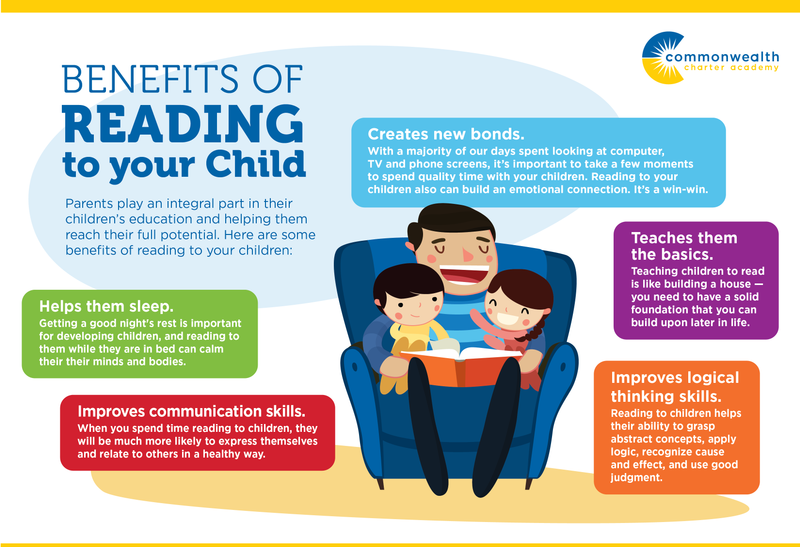
Child’s play time can be enhanced by the presence of a caring adult.
Set aside an hour as often as you can each week to spend some quality play time with your child and do exactly what he or she wants to do. Your child leads the play time and you follow. That means if your child wants you to sit in the sandbox with her, you do it. Or if he wants you to play the baby and he plays the mommy, you do it. Your presence enables another level of meaningful play to happen. Your child may use your attention to figure out a tough situation with a friend, re-enact a doctor’s visit, or try something new and challenging, like walking on a balance beam.
You may also want to help guide your child’s play while on a play date or at the playground. Of course we all want our children to move in the direction of associative and cooperative play, but that takes time. You can coach your child, “I see you looking at Aiden. Shall we go over and ask if he’d like to climb with us?”
Children’s play is a rich opportunity for your child’s development, like learning new concepts and how to interact with others.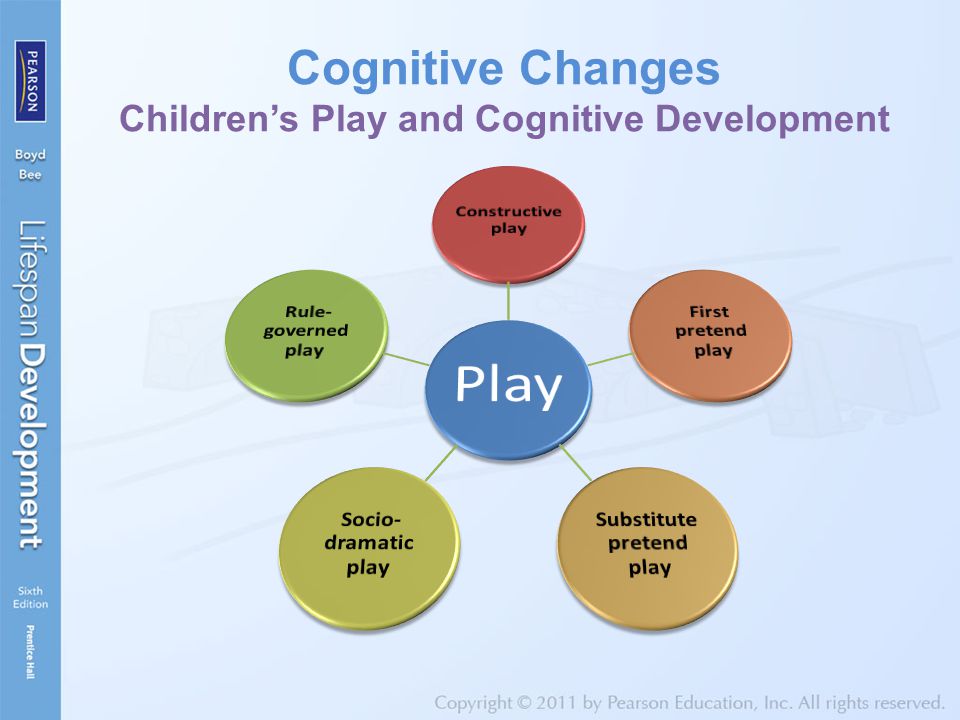 Adults can follow a child’s lead or offer gentle guidance, but play is at its richest when children are in charge.
Adults can follow a child’s lead or offer gentle guidance, but play is at its richest when children are in charge.
Teach. Play. Love. Episode 4: Say Yes to Play
On this episode, Rachel Robertson, Bright Horizons education and development vice president, and new mom Amanda, discuss the importance of play. Find out why play is the key to healthy child development—and get new ideas you can use to engage your child in playful ways throughout the day.
More on the Benefits of Play for a Child’s Development
- Learn about and listen to more episodes of the “Teach. Play. Love.” podcast.
- Play dates can help build self-esteem, confidence and social skills in children. Learn how.
- Get tips, strategies and ideas for hosting a play date for children with special needs.
- Different types of play time benefits children—find out the importance of pretend play in child development.
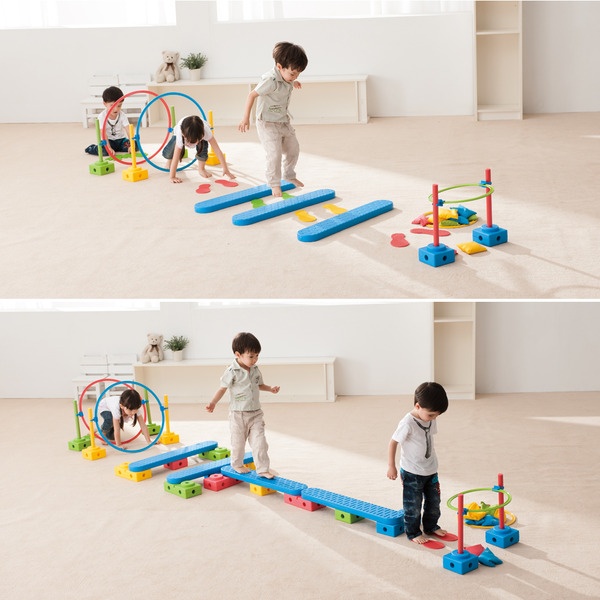
- Discover some creative toddler play room ideas to create an organized and fun play space for your child.
- Parents can take extra steps to make sure that children play & interact well with other kids. Remember to help kids develop skills to respond to and prevent bullying during play time.
The role of play in child development
Play helps children understand the world and learn how their bodies work. In this article, you will learn about the benefits of play, its role in the development of every child, and how to encourage a child to develop.
For millennia, play has been a childhood tradition. unregulated and unstructured , it has been passed down from generation to generation. Psychologist and researcher Joe Frost in his book Stories of Children's Play and Play Environment , warns that in the face of too many structured activities, excessive screen/monitor time for children, and increased academic pressure, this age-old tradition is dying out.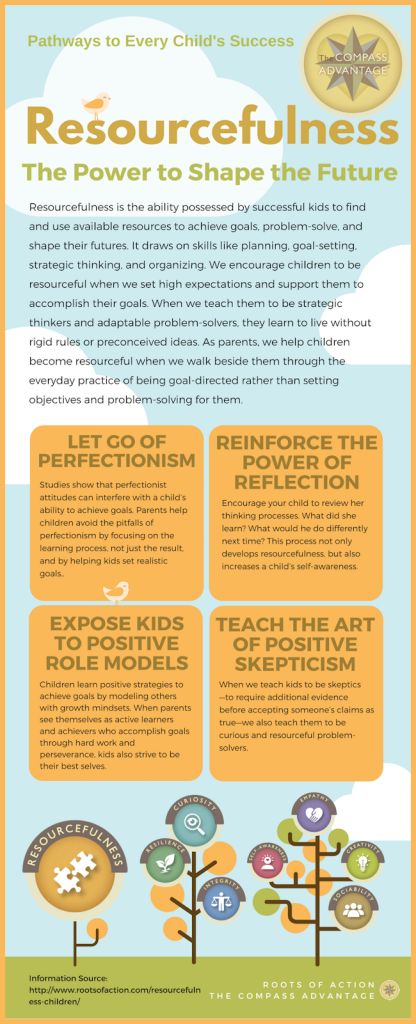 “ Now, for the first time in history, ,” he writes, “ children in many countries do not use playgrounds and forget how to participate in free, spontaneous play. This has serious consequences for the future development and upbringing of the individual ".
“ Now, for the first time in history, ,” he writes, “ children in many countries do not use playgrounds and forget how to participate in free, spontaneous play. This has serious consequences for the future development and upbringing of the individual ".
Benefits of the game
“ The game is what is done for its own sake ,” says psychiatrist Stuart Brown, author of The Game. He writes: “ Participation in it is voluntary, it gives pleasure, and this gives a sense of involvement, takes children away from time. The activity is more important than the result of .”
With this definition in mind, it is easy to recognize the potential benefits of playing:
- develops relationships with himself and other children;
- relieves stress makes children happier;
- develops feelings of empathy, creativity and cooperation;
- supports the growth of the strength and firmness of children as individuals.
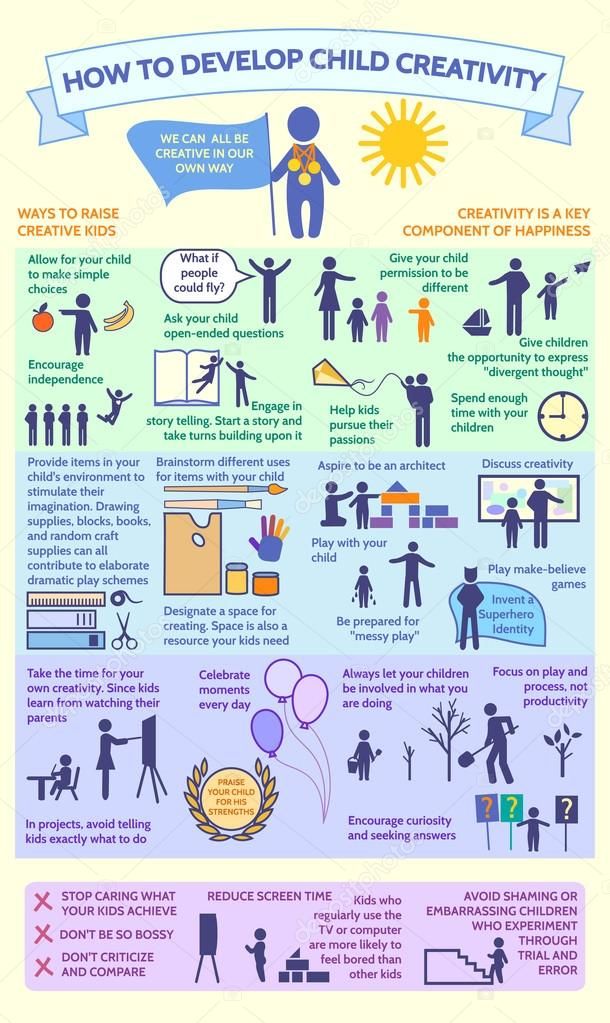
When children are deprived of opportunities to play, their development can be severely impaired.
The role of play in child development is so important that the UN declared it a fundamental right of every child, pointing to it in Art. 31 of the relevant Convention on Rights. The game is not just frivolous entertainment. It's not something to do after the "real work" is done. Play is the real work of childhood. Thanks to her, children have every chance to become full-fledged, happy adults.
What children learn through play
This type of activity is the main means of all-round development in childhood.
Play has a major impact on the development of preschool children: When children play, they improve skills in all areas of development: cognitive , physical , communicative and social / emotional . They practice and reinforce those skills that cannot be acquired through study books at the table or screen/monitor time.
One of the ways outdoor games influence the physical development of children from 4 to 7 years is formation they have healthy habits . Thus, children are involved in the world around them. This involvement counteracts the problems many children face today, such as childhood obesity.
It is also a natural environment a stress reliever that allows children to cope with their anxieties and fears.
Play provides an opportunity for children to realize new ideas and achieve interaction of their previous experience with active exploration. Children make their own decisions while playing; they establish a connection between their choice and the natural consequences of that choice.
Game situations contribute to the development of self-control, which is of decisive importance for success in later life . Children play because they have a deep desire to understand the world. Play gives them the opportunity to regulate their feelings, delay gratification, and negotiate with others—all important aspects of developing self-control.
Children play because they have a deep desire to understand the world. Play gives them the opportunity to regulate their feelings, delay gratification, and negotiate with others—all important aspects of developing self-control.
The spontaneity of play encourages risk taking when children interact with materials and the environment. A sense of the unknown helps children develop mental flexibility and executive function. This is confirmed by UNICEF research.
The role of play in the development of the preschool child is also to help children develop mindfulness and feel safe to try new ideas and experiment. As children become immersed in the game, they lose awareness of time and space, becoming fully immersed in the task at hand.
How to encourage a child to play
Children need free, unscheduled time to explore and discover. The education of a young child is most effectively carried out using materials that form creativity : sand , water , mud , various toys , children's shovels , balls and so on.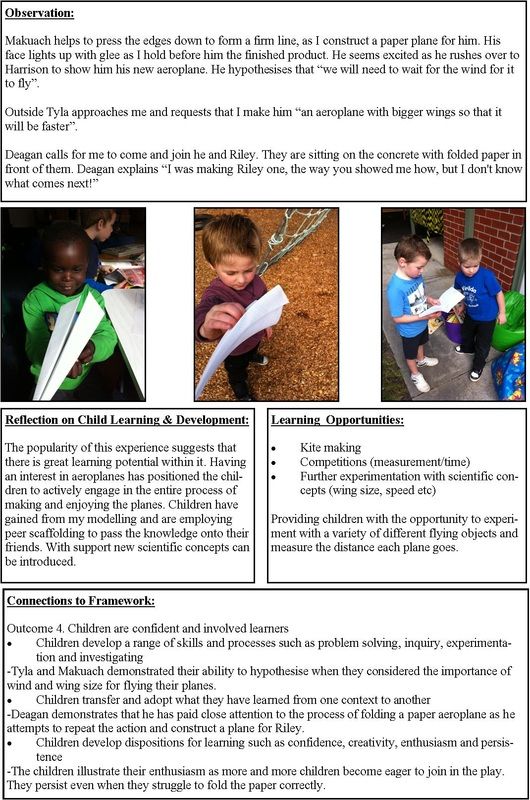 Sometimes the purpose of an object for a child's play is clear (for example, a doll is designed to hold it and pretend to be a parent), sometimes the purpose of an object for play time becomes clear only in the creative hands of the child - a stick can become a magic wand or a pointer to choose the direction of movement.
Sometimes the purpose of an object for a child's play is clear (for example, a doll is designed to hold it and pretend to be a parent), sometimes the purpose of an object for play time becomes clear only in the creative hands of the child - a stick can become a magic wand or a pointer to choose the direction of movement.
Children's playtime can be increased by the presence of a caring adult. Set aside time as often as possible for to play with your child and do exactly what he/she wants. Your child leads the game, chooses topic , and you follow him. The presence of an adult allows you to move to another level of meaningful play. Children may use your attention to work through a difficult situation with a friend, repeat a doctor's visit, or try something new and challenging.
You can also help your child develop communication skills through play. Of course, we all want our children to move towards associative and collaborative play, but this takes time. You can help your child with this by saying, for example: “ I see how you look at Vova. Maybe we can go and ask if he wants to play with us? ”
You can help your child with this by saying, for example: “ I see how you look at Vova. Maybe we can go and ask if he wants to play with us? ”
Children's play is an opportunity for your child to develop, such as learning new concepts and interacting with others. Adults can follow the example of the child or gently guide him, but the game becomes very interesting and exciting when children are in charge.
Development of interaction through play
Childhood is a very important age for a person. During this period, the child's character is formed, the foundations of personality are laid, the child receives the first knowledge about the world around him, he learns to interact with other people.
Nature endows children with different abilities and opportunities in the knowledge and development of this world. Some children need special support and help. There are situations when children have congenital diseases, or they were born prematurely, or there were difficulties in childbirth, or intrauterine development disorders.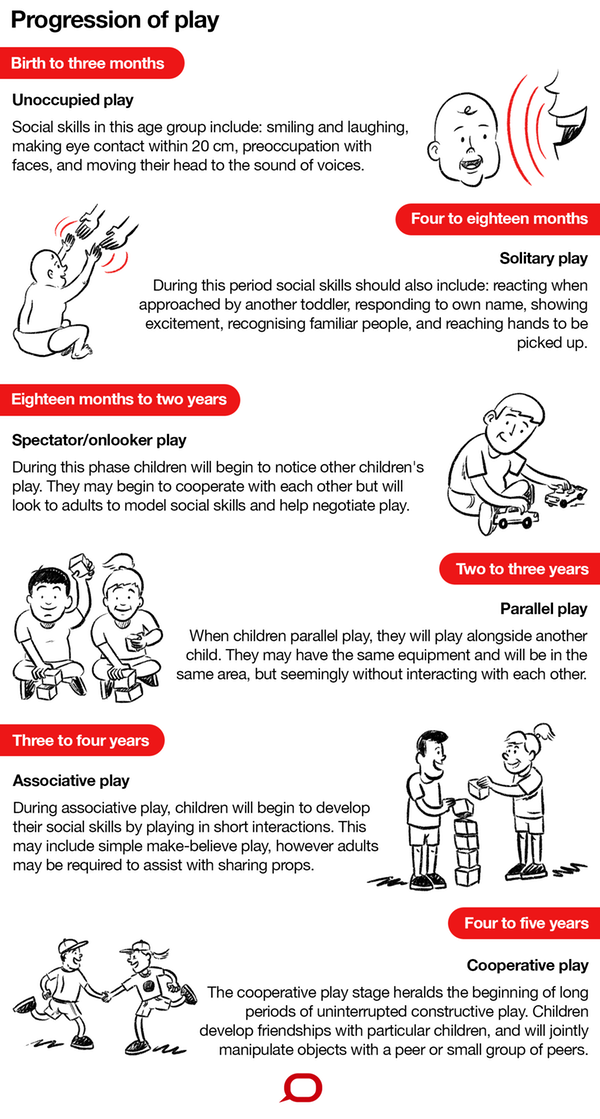 It is more difficult for such a child than for other children to grow and develop.
It is more difficult for such a child than for other children to grow and develop.
The presence of developmental features in a child sometimes complicates interaction with others so much that mom and dad can feel helpless and discouraged and are almost ready to give up everything. This is an understandable reaction. When we try to communicate with a child, we start from the way we ourselves learned to play and communicate when we were children. It helps a lot in communicating with children. But when a child's abilities are limited, it is very difficult for adults to understand what to do with it. There is a feeling that the conversation is in different languages. But this does not mean that mom or dad is doing something wrong. This indicates the difficulties that arise when communicating with a child with special needs.
Several conditions must be met for the child to acquire knowledge. Children learn about the world around them through: observation, exploration and communication.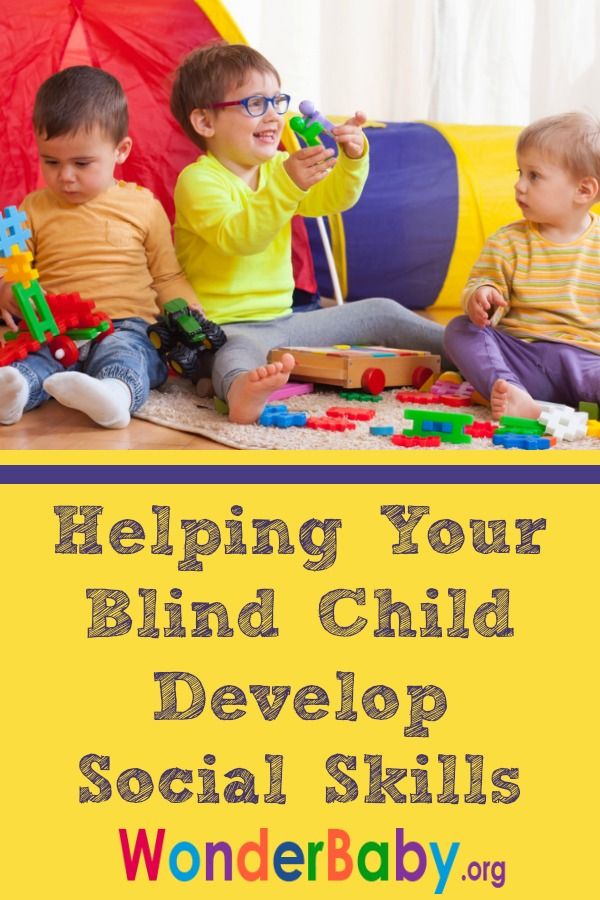
In order to realize these conditions for cognition of the surrounding world, it is necessary that:
what to watch;
what to explore;
with whom to communicate.
Acquiring knowledge for a child is very problematic, and development is difficult if these three conditions are not met. For example, a child lies most of the time alone in a quiet, dim room, and is taken out for a walk in a closed stroller. Also, these conditions may not be met if the child has problems with vision or hearing, or it is difficult for him to respond to a rattle and a picture, if his arms or legs are unusually weak or tense, and he cannot pick up a toy if his thinking is slower than from others, and he does not have time to engage in communication ...
A child with special needs may have many reasons why the child seems unable, unwilling, or in need of observation, exploration, or communication.
At the same time, it is very important to remember that every child has a natural need for development. Supporting the development of the child, we give him the opportunity to overcome difficulties, get the joy of life. We rejoice ourselves, watching how he gradually gains strength, skills and abilities.
Supporting the development of the child, we give him the opportunity to overcome difficulties, get the joy of life. We rejoice ourselves, watching how he gradually gains strength, skills and abilities.
It is the game that provides the three conditions for cognition of the world around and the natural development of the child. For children with special needs, the game becomes not just entertainment, fun and joyful fun, but the most important condition for development.
Often, a child with special needs is provided with educational games, with certain rules that must be followed.
Do not limit the rules of the child's game. Give him freedom of action, let him come up with fun for himself, and you will support him, direct the game in the direction you need. Thus, the child will feel freer, become more confident. Playing, he will develop thinking, attention and memory.
And yet the game is great, fun and very useful. Show your child that you believe that he can learn a lot, whether he has problems or not.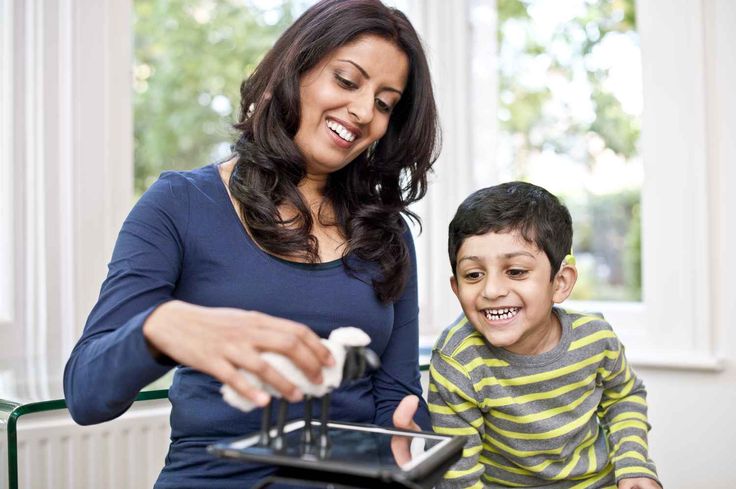 Teach your child to enjoy the game, and this will greatly facilitate his task of mastering the world, the task of observation, research and communication.
Teach your child to enjoy the game, and this will greatly facilitate his task of mastering the world, the task of observation, research and communication.
Of course, educational games will benefit any child, including a child with special needs. All children in infancy and early childhood must master the same "stages of development", in the same sequence, only the pace of their development, the features of mastering and those techniques that can help the child will be different.
A newborn child still does not know how to rejoice at the appearance of a mother, his gaze only briefly captures her face, his cry is addressed to everyone and no one in particular.
As a rule, the first smile in a child appears at the end of the first, beginning of the second month of life. The first emotionally positive responses of the child are set up by physical contact with an adult - stroking, kissing, gently pressing to the chest, swaying, a bright toy, the voice of the mother, her singing, affectionate "cooing" with him.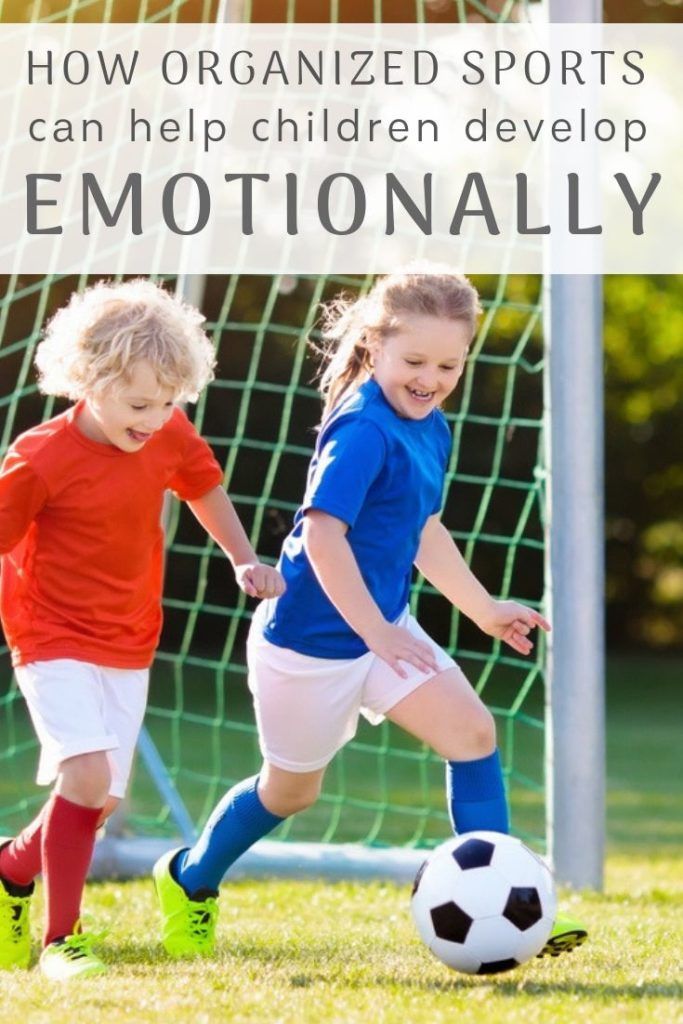 A child needs the constant presence of an adult, his attention and love.
A child needs the constant presence of an adult, his attention and love.
Surrounding the baby with love and tenderness, creating an "atmosphere" of emotional communication, you further stimulate his cognitive activity aimed at the surrounding objects and toys.
By 2-3 months of life, the child, in response to emotional appeal, begins to smile, looks into the mother's eyes, moves his arms and legs animatedly, makes humming sounds. Such a joyful behavior of the baby in response to the appeal of an adult is called the "complex of revival." "Complex of revival" contributes to the manifestation of motor, voice and cognitive activity of the child.
By 4-5 months, the child begins to develop a selective (differentiated) attitude towards surrounding close adults. At this time, a feeling of attachment to the mother begins to form.
By the age of 5 months, a child can grab and hold a toy in his hand, can distinguish colors, size and shape of objects, and most importantly, recognize loved ones, distinguish between “us” and “strangers”.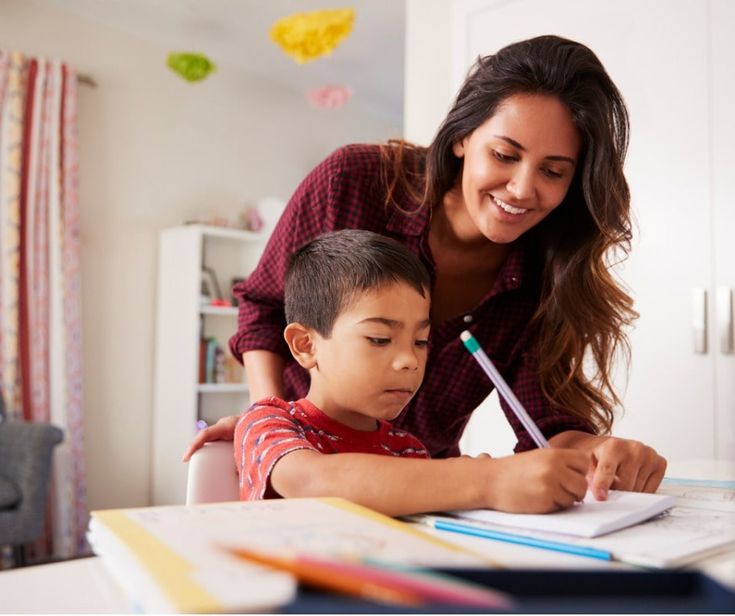
In the period from 3 to 6 months, the child masters the preparatory movements for crawling. Along with the development of general movements, he learns to maintain balance, mastering this or that movement.
In the second half of life, the child's communication takes on a different character, becoming communication about actions with objects. His main interests are now focused on the surrounding objects and toys. He no longer agrees to simply exchange caresses with an adult, he needs an adult to "cooperate with him in the game." The child observes with great pleasure and tries to imitate how an adult acts with a particular object. Usually, by 7 months the child crawls well. He becomes more active and independent, his muscles of the legs, arms, back, abdominals, neck are strengthened, the correct posture is formed.
REMEMBER: what matters in the game is not what you do, but how you do it. The game should be fun and fun.
IMPORTANT: Provide your child with a variety of items that can be dropped, thrown away, poured out, moved, removed, etc. Let him tap, press, shake, drum.
Let him tap, press, shake, drum.
There are various classifications of gaming activities. We offer a description of the games necessary for the development of children from birth to 3 years old with special educational needs:
- sensory games;
- motor games;
- fuss game;
- language games;
- role-playing games.
At preschool age are added:
- role-playing games;
- games with rules
- competition games
Sensory games. Sensory - from lat. sensus - feeling, feeling. These games contribute to the development of the sensory system: vision, hearing, taste, smell, temperature sensitivity. All organs given to us by nature must work, and for this they need “food”. In these games, experience is gained in working with a wide variety of materials: sand, clay, paper, etc.
Motor games (running, jumping, climbing).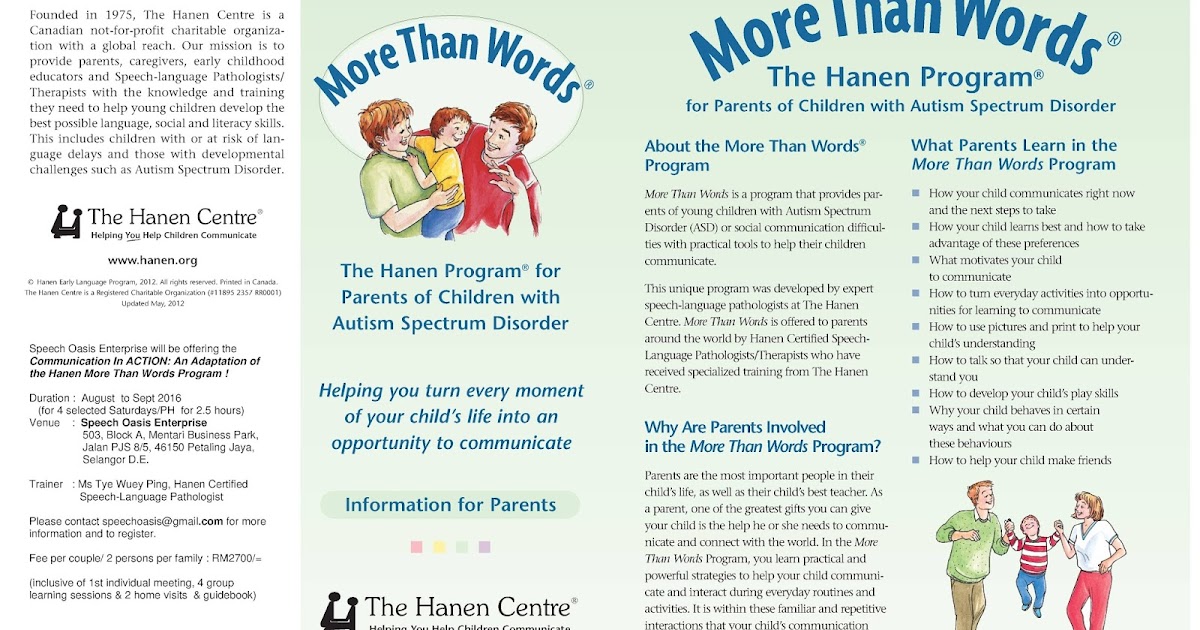 Motility is motor activity. Any game that encourages physical activity helps a child develop motor skills. It can be: swimming in the pool, playing hide and seek, running, etc. It is important for a child to develop the sensations of his body. Parents do not always like the fact that the baby runs around the apartment, climbs high objects. Of course, you need to think about his safety, but you should not forbid the child to actively move. It is better to "insure" in his games.
Motility is motor activity. Any game that encourages physical activity helps a child develop motor skills. It can be: swimming in the pool, playing hide and seek, running, etc. It is important for a child to develop the sensations of his body. Parents do not always like the fact that the baby runs around the apartment, climbs high objects. Of course, you need to think about his safety, but you should not forbid the child to actively move. It is better to "insure" in his games.
Game - fuss. Such games can be - "a bunch of small", "fight with dad (another adult)", "measure strength", etc., aimed at learning to interact with each other, the ability to control one's own body, splashing out emotions. A child from such communication will be delighted, learn to accept both victory and defeat.
Language games. These are experiments with words, sounds.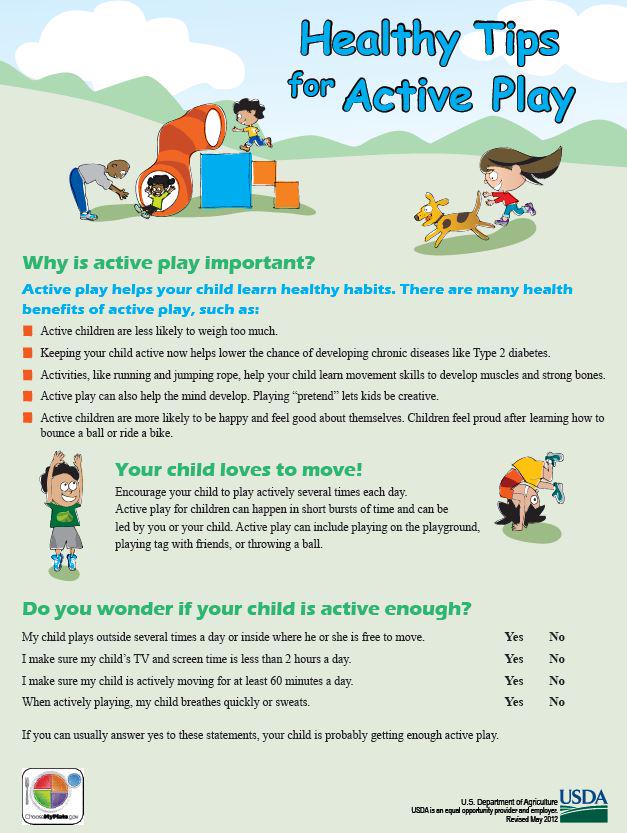 During the period of mastering the first words, phrases, children often repeat sounds, syllables, words, phrases many times. At the same time, children listen to their voice, timbre, speed, etc. That is, children study the possibilities of their speech. It is better to connect to the game, for example, add a few rhyming words, or continue the phrase, or suggest new sound options, etc.
During the period of mastering the first words, phrases, children often repeat sounds, syllables, words, phrases many times. At the same time, children listen to their voice, timbre, speed, etc. That is, children study the possibilities of their speech. It is better to connect to the game, for example, add a few rhyming words, or continue the phrase, or suggest new sound options, etc.
Role playing. These games begin to attract children closer to 2.5 years. At an early age, children begin to feed the dolls, put them to bed, dress them, etc. (they imitate the actions of their mother). This is a mirror image of adult behavior.
In the process of role-playing, the child studies objects and actions with them, he transfers his little life experience into games: the car goes to the garage, the doll brushes her teeth, washes, dresses, etc.
Role play gives the child the opportunity to learn how to communicate effectively with other people, understand what is happening in the adult world, and learn the rules of behavior and general cultural and family values. When choosing a game for a child, one must follow the main principle: the game must correspond to the child's abilities, be attractive to him.
When choosing a game for a child, one must follow the main principle: the game must correspond to the child's abilities, be attractive to him.
At preschool age are added
Role-playing games
Role-playing games are games in which the child, during the game, tries on the behavior, attitudes and actions of the surrounding adults. There are incredibly many such games, because the child draws stories for them in the reality around him. It can be a game of "Doctor", "Salesman", "Bus Driver", etc.
The basis of the role-playing game is an imaginary situation in which the child takes on the role of an adult and performs it in the created game environment.
Games with rules
Games with rules are divided into two large groups: didactic and outdoor games. In the game with the rules, the child is attracted by the desire to perform game actions, achieve results, win.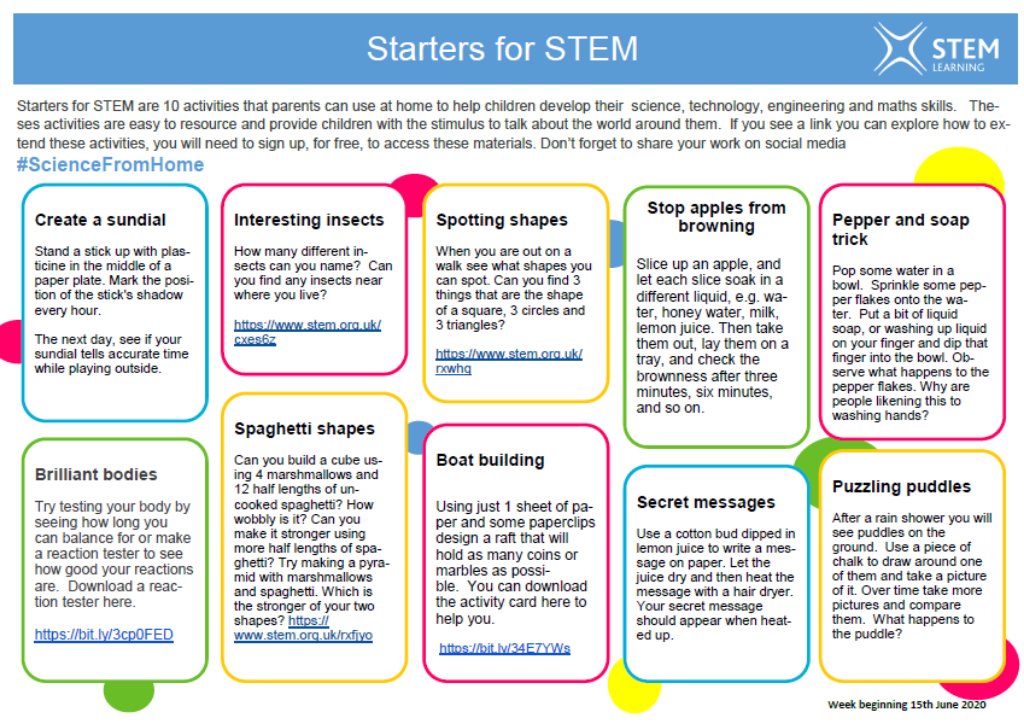
These games have ready-made content, and fixed rules are their obligatory component.
Competition game
In order for children to be able to play such games, they need to have certain cognitive skills: the ability to understand instructions, remember the rules, predict the consequences of fulfilling or not fulfilling the conditions of the game.
On the other hand, these skills are practiced during the game itself, from primitive to more complex. By the age of three, children can already follow certain rules of the game, and in these games there is an element of competition.
Play has a strong influence on the development of children's social skills.
There are 5 levels of social interaction of children in play activities:
- playing alone - at this level there is no interaction at all, this level is typical for both infants and young children;
- observation game - the child watches the game of another (child or adult), but the process ends with this observation, the children do not interact;
- parallel play - the child plays in close proximity next to another child (or adult), takes the same toys, imitating him, but interaction does not occur.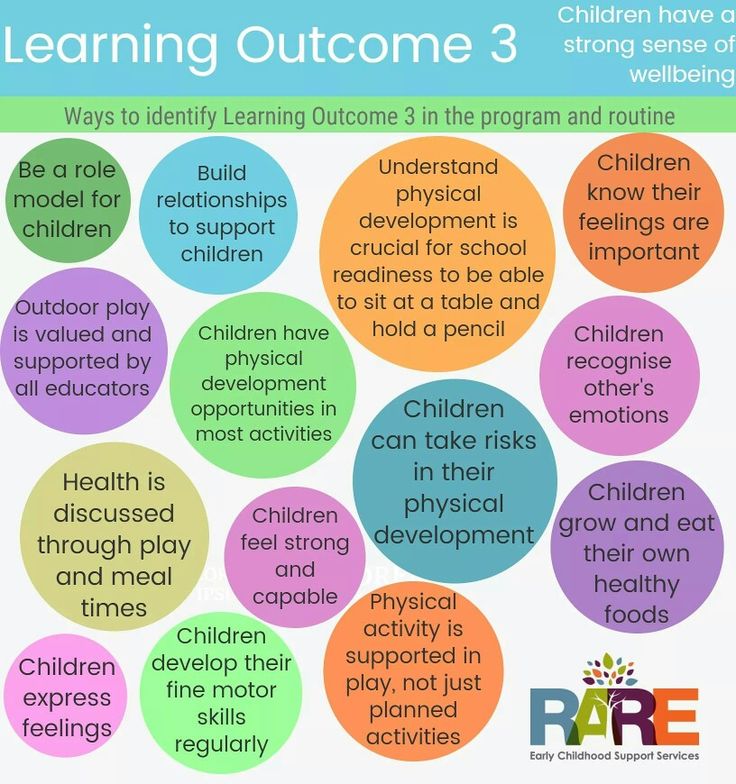 This is a game “nearby”, but not “together”, it is typical for children from 1.5 to 2 years old;
This is a game “nearby”, but not “together”, it is typical for children from 1.5 to 2 years old;
- associative game - children are already interacting, sharing toys, but each of them has his own plot, his own goal, they still do not coordinate their actions. This type of play can form as early as three years of age;
- joint game - children during the game are busy with a common cause, play hide-and-seek, "family", build one building from cubes. Such games occur between children closer to 3 years.
By playing, children help each other acquire certain physical, cognitive and social skills.
Given the different approaches to playing with a child with special needs, we suggest following the rules:
1. When playing with your child, get down next to him so that you are on the same level with him. By this you show that you are on an equal footing in the game.
2. Choose bright beautiful toys for the game. There should not be too many toys, as children's attention will be scattered.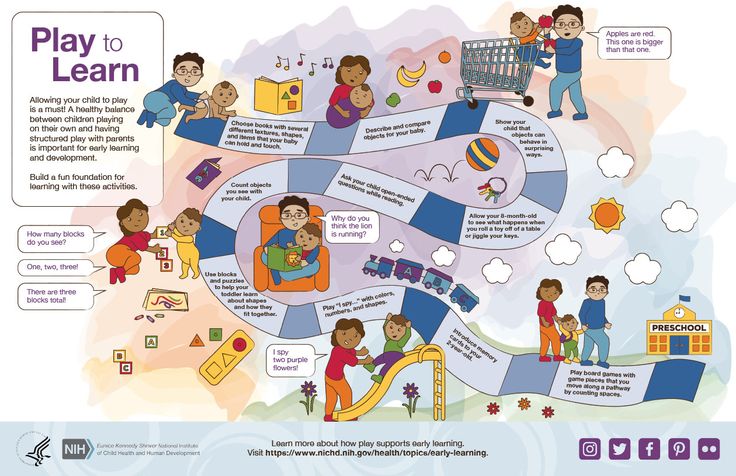 Consider the size of the toys. Too big or too small toys will be uncomfortable for a small child.
Consider the size of the toys. Too big or too small toys will be uncomfortable for a small child.
3. When giving your child a new toy, be sure to show them how to play it. Not knowing how to play, the child will quickly lose interest in the toy.
4. Gradually reduce your participation in the game. Give your child the opportunity to be active.
5. All actions - voice. The game should not be played in silence. New sounds, words, gestures stimulate the child to active speech.
6. Pick the "right" time to play. The child should not want to sleep or eat, be upset about something. It is best to allocate a special time in the daily routine specifically for games.
7. Repeat games. Repetition is necessary because the child may not immediately fall in love with the game or remember the rules. When the game is already well learned, start fantasizing. You can change the heroes of the game or items, or you can change the sequence. Thus, the boring game will again become interesting to the child.